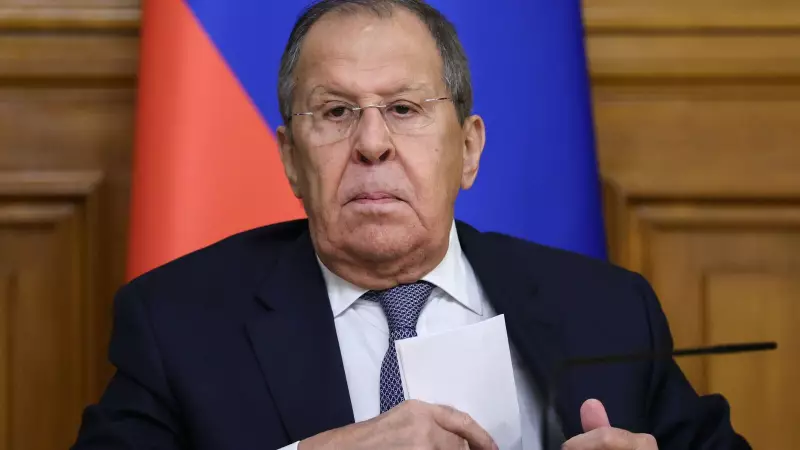
In a stunning revelation that could reshape our understanding of the Ukraine conflict's early days, Russia has dropped a diplomatic bombshell. Moscow officials now claim they had actually accepted a comprehensive peace treaty with Ukraine back in April 2022—only to see it collapse after alleged intervention from then-British Prime Minister Boris Johnson.
The Alleged Peace That Never Was
According to Russian Foreign Ministry spokeswoman Maria Zakharova, both Russian and Ukrainian negotiators had painstakingly hammered out a detailed draft agreement during intense talks in Istanbul. "The Russian side was ready to sign this document," Zakharova stated, painting a picture of a nearly-completed diplomatic solution that could have potentially ended the bloodshed months into the conflict.
Johnson's Controversial Visit to Kyiv
The plot thickens with Boris Johnson's now-infamous April 2022 visit to Kyiv. Russian authorities assert that during this high-profile meeting, the British leader delivered a simple but powerful message to Ukrainian President Volodymyr Zelenskyy: keep fighting. Moscow claims Johnson effectively persuaded Ukrainian leadership to abandon the peace process entirely.
"He literally urged Ukraine to overturn all the agreements and continue fighting," Zakharova alleged, suggesting Johnson promised continued Western military and financial support if Ukraine opted to continue military operations rather than pursue diplomacy.
The Ghost of Istanbul Negotiations
The Istanbul talks, which occurred between February and April 2022, represented the most serious diplomatic engagement between the warring nations. Multiple sources confirm that negotiators had made significant progress on several key issues, including:
- Ukrainian neutrality and security guarantees
- Status of Crimea and Donbas regions
- International peacekeeping arrangements
- Economic and humanitarian provisions
Many Western analysts had initially viewed these negotiations as the most promising opportunity for a negotiated settlement before the conflict escalated into the protracted war we see today.
Western Response and Implications
While Moscow's claims cannot be independently verified, they raise profound questions about Western influence over Ukraine's decision-making during the conflict's critical early phase. The allegations suggest that Western powers, particularly the UK under Johnson's leadership, may have played a more direct role in prolonging hostilities than previously acknowledged.
This revelation comes at a sensitive time, as Ukraine faces increasing military challenges and some Western nations show signs of "war fatigue." The claims could potentially influence future diplomatic efforts and public opinion in countries supporting Ukraine.
As the war continues with no clear end in sight, these allegations about the failed 2022 peace deal remind us of the complex geopolitical forces at play—and the tantalizing "what if" scenarios that continue to haunt this devastating conflict.





